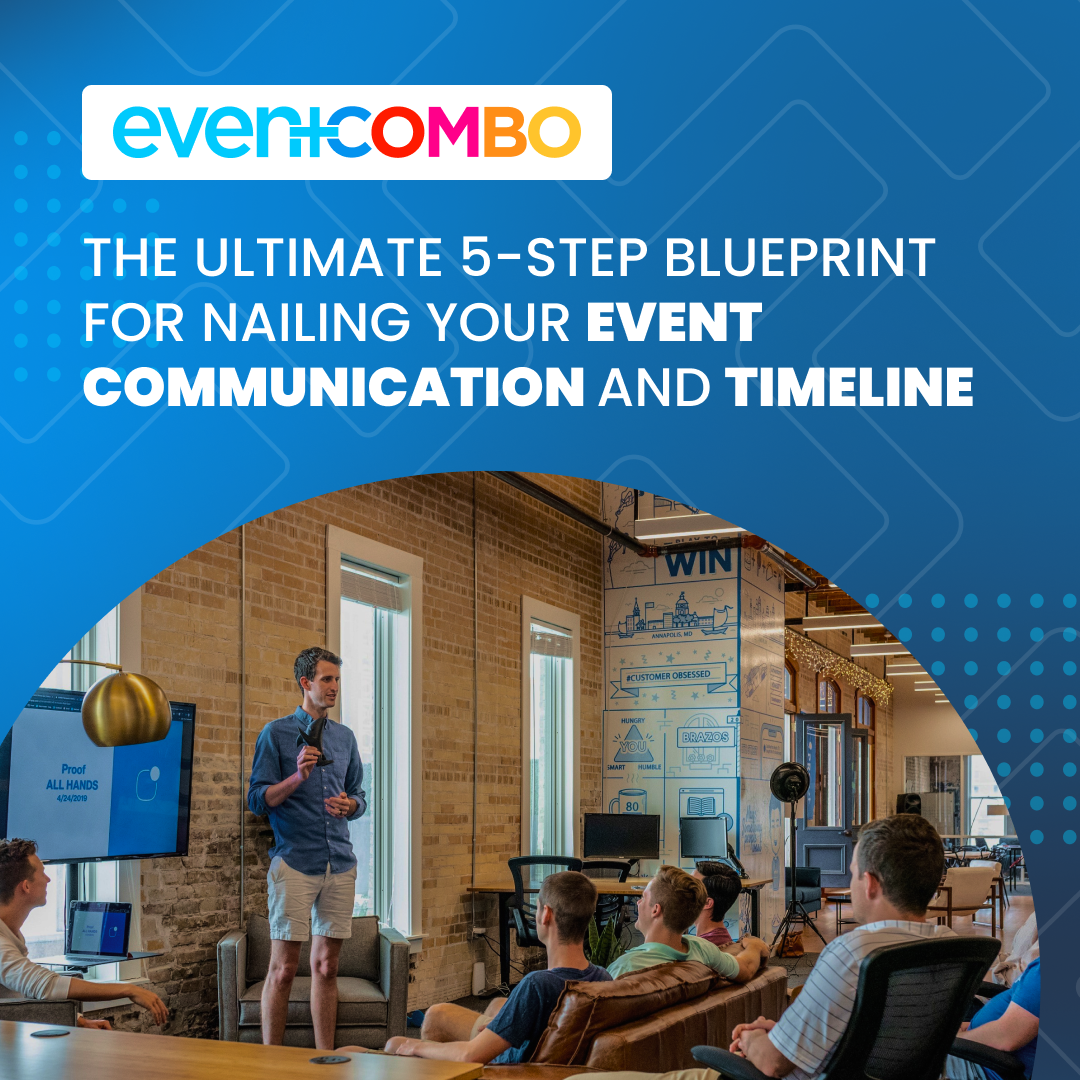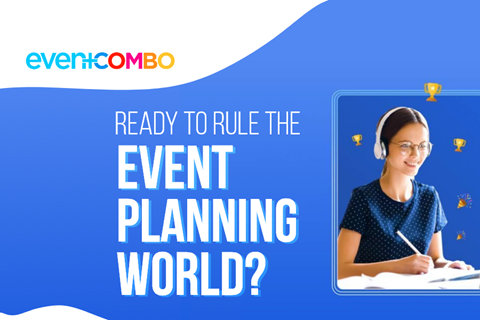

Picture this: It's the day of your big event, and suddenly, you realize the keynote speaker hasn't been informed of a time change. Now, panic sets in.
To avoid such nightmares - effective communication is key. A well-structured event communication plan and timeline will ensure your message reaches the right people at the right time.
This article provides a comprehensive guide to creating a foolproof event communication plan and timeline to streamline interactions and enhance the overall event experience. Let's dive in!
Create an Event Communication Plan in 5 simple steps:
1. Set Clear Objectives
Setting clear objectives is the first and most crucial step when planning an event. Without clear objectives, your event may lack direction, making it harder to measure success.
Ask yourself questions like: What are the goals and outcomes you want to achieve? Is it to increase attendance, enhance brand awareness, or generate leads? Whatever your goals may be, articulating them clearly will help guide your entire communication strategy. Also, use the SMART criteria (Specific, Measurable, Achievable, Relevant, Time-bound) to set your objectives. For example, instead of saying "increase attendance," you could state "increase event attendance by 20% compared to last year.
Remember that each objective should tie back to the overall purpose of the event. Keeping in mind why this event matters will ensure that every aspect of communication aligns with these overarching goals.
2. Identify Your Target Audience
Understanding who you are trying to reach will help you tailor your communication efforts and ensure that your message resonates with them. To start, take a deep dive into demographics. Consider:
In addition to demographics, consider psychographics as well.
For instance, if you're hosting a tech conference, your primary audience might be software engineers aged 25-40 who have an interest in AI. If you have previously organized similar events, analyze attendee data from those events to identify trends and insights. Each group has different needs and expectations, so it's essential to understand how they align with your event's purpose.
3. Select Communication Channels
With so many options available today, it's important to choose the channels that will best reach your target audience and deliver your key messages. Look at where your audience spends most of their time—be it emails, social media, or industry publications—and focus your communication there.
Here are the most popular communication channels with the type of event they are most suitable for:
Remember to track and measure the effectiveness of each channel throughout the process. This will help you refine your strategy for future events based on what worked well and what didn't resonate with your audience.
4. Develop Key Messages
Determine the most critical key messages that need to be conveyed to your target audience. These messages serve as the foundation for all your communications and help ensure your event's objectives and value proposition are clearly communicated to your target audience.
When developing key messages:
5. List Stakeholders and Assign Roles
When planning an event, it's crucial to identify the key stakeholders involved and assign roles accordingly. Start by making a comprehensive list of all potential stakeholders for your event. They may include:
Once you have identified them, assess their level of involvement and determine how they can contribute to the overall success of your event. This ensures that everyone knows what is expected of them and that there is no confusion about responsibilities.
For example, if you have sponsors for your event, make sure they understand their obligations regarding branding visibility or promotional opportunities. For volunteers, outline specific tasks such as registration support or logistics assistance.
By assigning roles to each stakeholder group, you create a sense of accountability and ensure everyone understands their part in making the event successful.
Creating the Timeline
Pre-Event
During the Event
Post-Event
Ready to Elevate Your Event Game?
Effective communication is the linchpin of any successful event. Remember to:
Don't leave your success to chance; apply these strategies now to ensure your next event is a hit! Or even better, you can reach out to us at - https://bit.ly/3R9bkuP

The metrics look strong. Registrations are up. Attendance holds. Satisfaction scores clear the benchmark. Then comes the CFO question that freezes the room. Which registrations turned into customers? Sales checks the...

Professional certifications for event planners do more than provide a solid foundation in the field; they offer valuable exposure to the dynamic world of event planning and insights from prominent industry experts.

Choosing the right event management platform is vital for event professionals navigating the growing demand for in person , virtual, and hybrid events. Modern planners need solutions that offer robust features,...